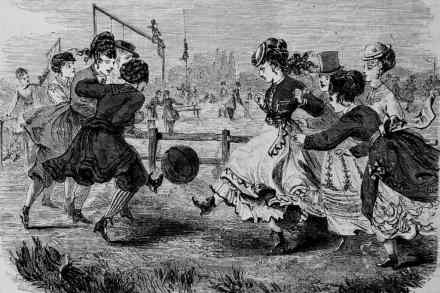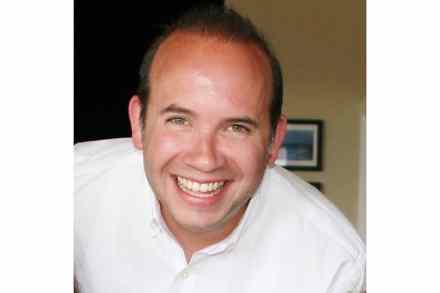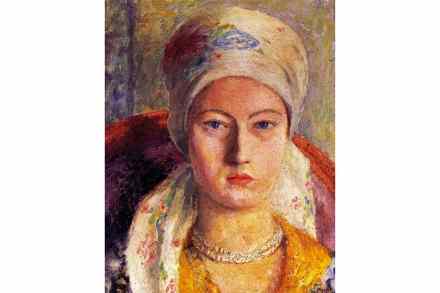The conspiracy against women’s football
The moment before the fall of women’s football can be precisely dated. On Boxing Day 1920, Dick, Kerr Ladies FC beat St Helens 4-0 at Everton’s Goodison Park in front of 53,000 paying spectators, a sellout crowd. That was too much for the men at the Football Association. Hysterical at the sight of women running




















